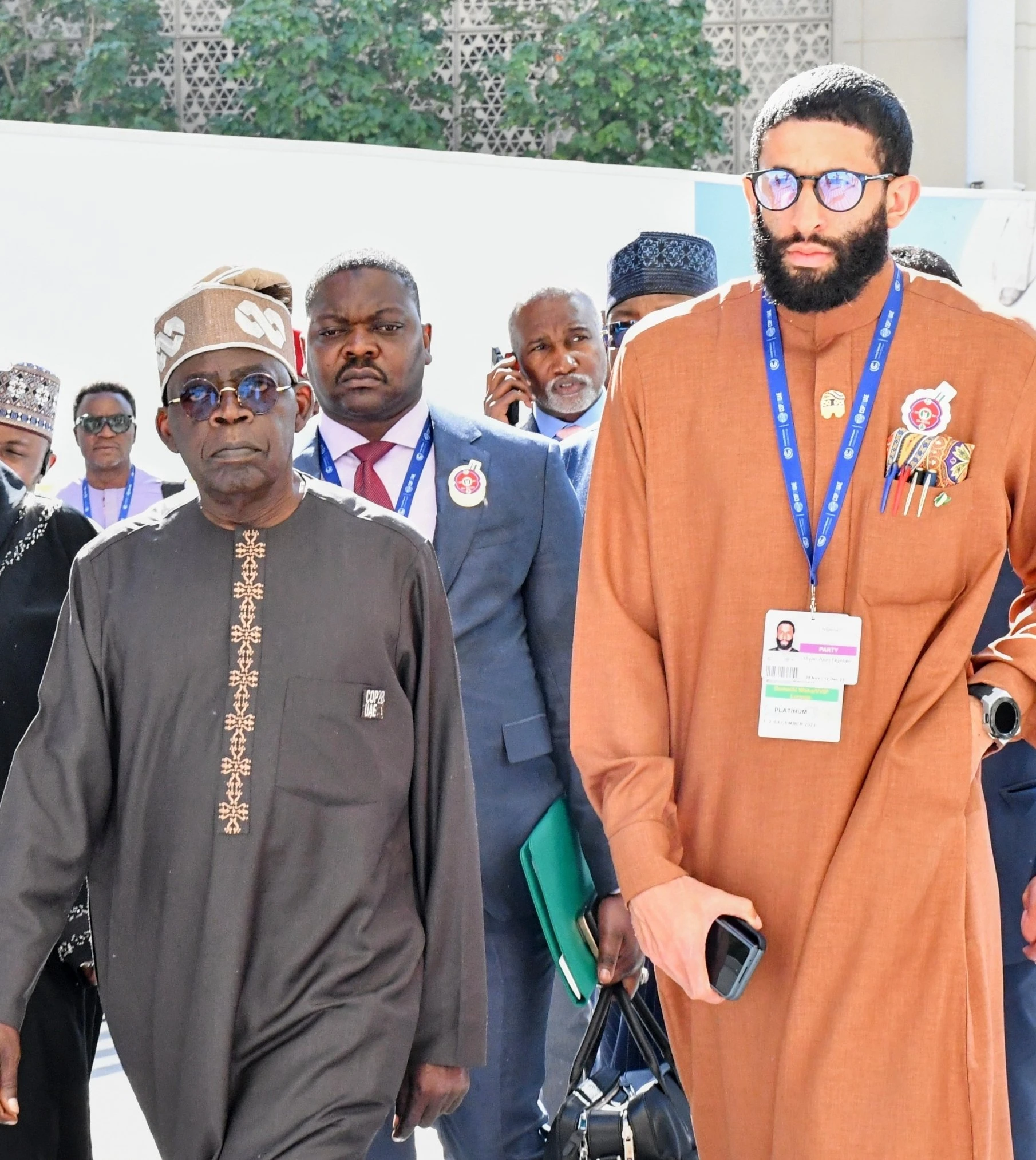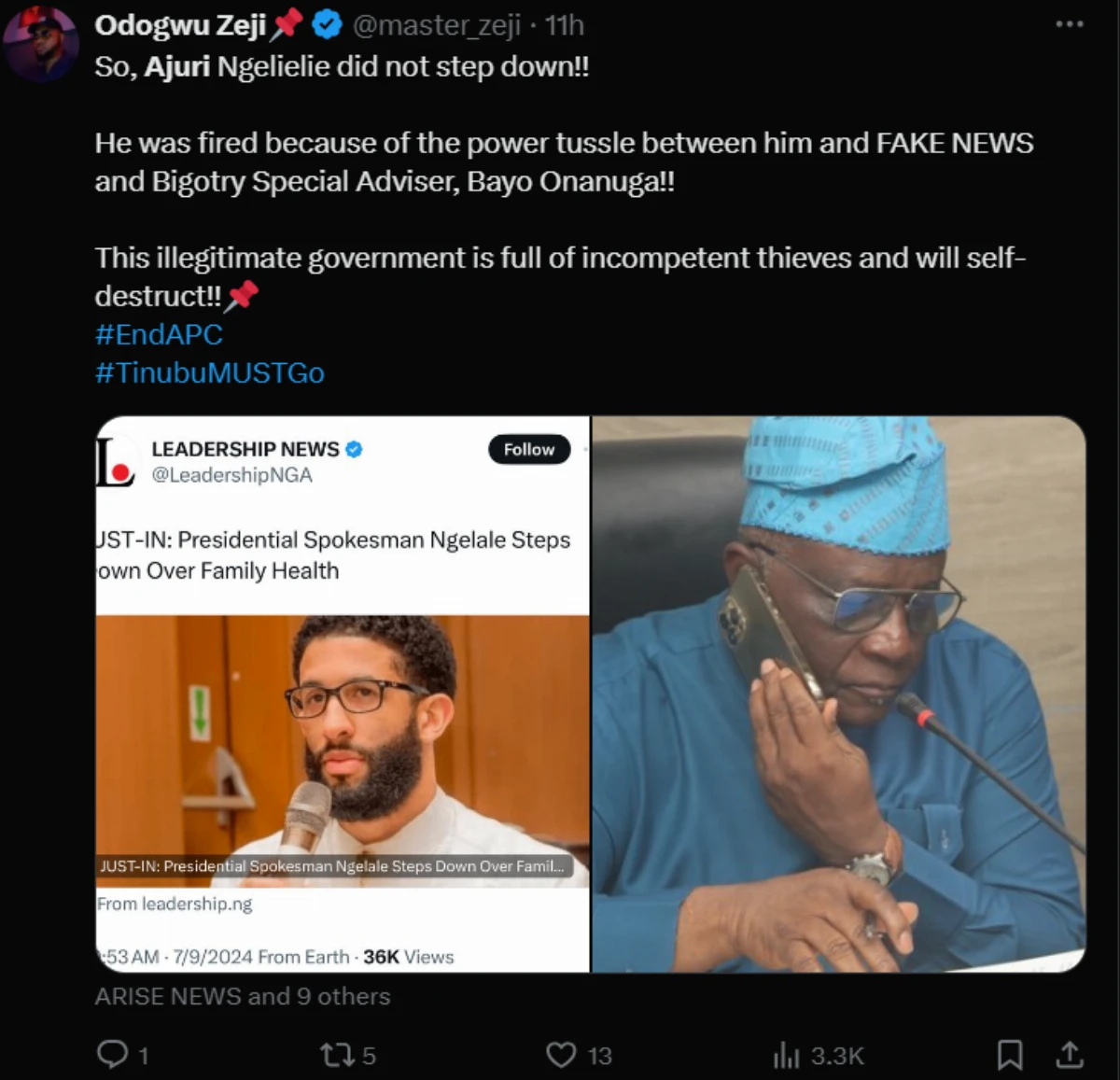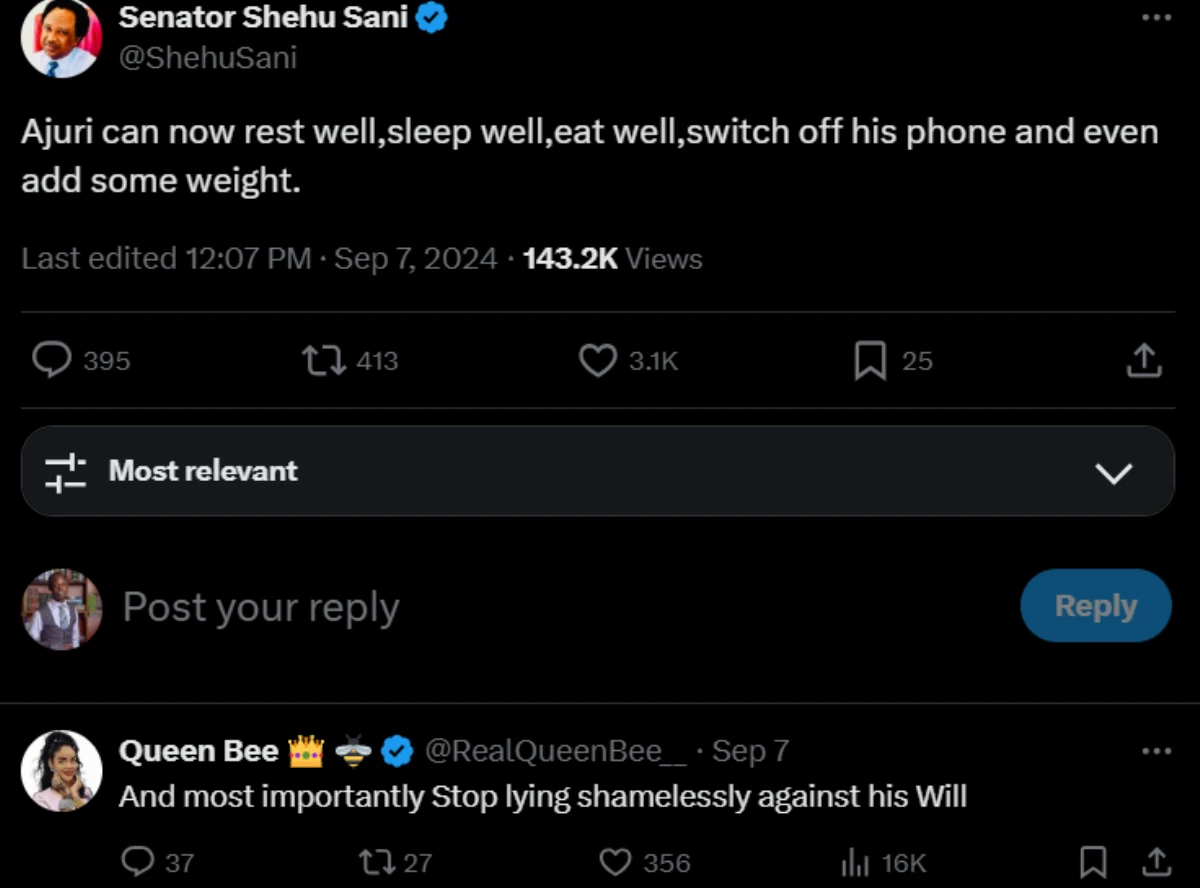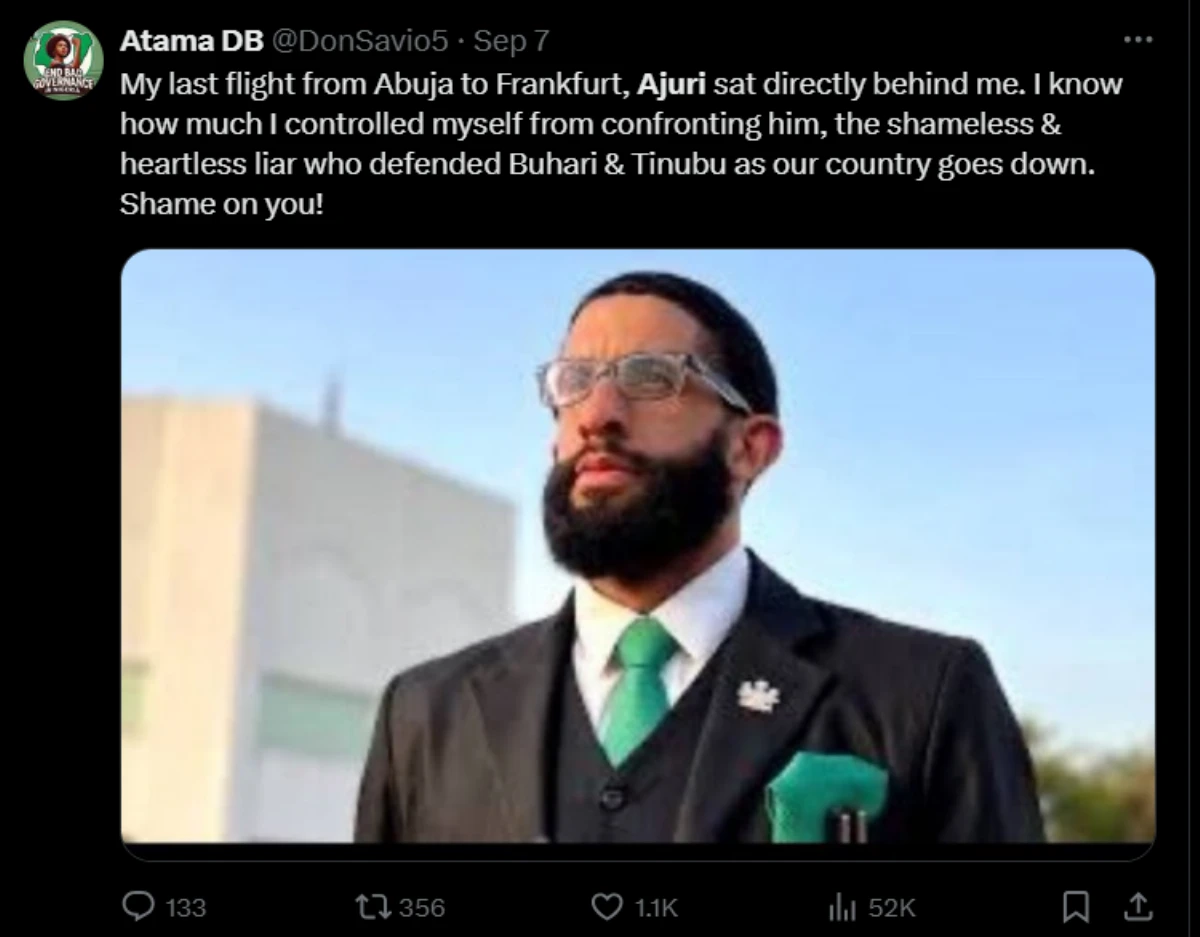Is Ajuri Ngelale’s resignation really about health issues, or is it a result of a power struggle? Discover the truth behind his departure as we explore both sides of the controversy.

Ajuri Ngelale, Special Adviser to the President on Media and Publicity, recently announced his resignation, sparking a flurry of reactions. Ngelale, who had been an essential figure in President Bola Tinubu’s administration, cited personal family health concerns as the primary reason for stepping down.
However, conflicting reports have surfaced, suggesting deeper political and personal issues at play. In this blog post, we weigh both sides of the controversy surrounding Ngelale’s resignation.

Official Statement: Family Health Concerns
In his resignation letter, Ngelale emphasized that his decision stemmed from urgent family medical matters. He stated that he needed an indefinite leave to deal with "a vexatious medical situation affecting [his] immediate nuclear family." According to Ngelale, this decision followed consultations with his family, leading him to temporarily step away from his role as Special Adviser to the President and Spokesperson.
The presidency’s official response was sympathetic, with President Tinubu expressing understanding and extending his best wishes to Ngelale and his family. The President acknowledged Ngelale’s dedication and tireless service, particularly in advancing national discourse and climate action initiatives .
From this angle, Ngelale's resignation appears to be a personal decision made to prioritize family well-being. His contributions were significant, and his health-related departure was honored with empathy and respect by the presidency.

Behind the Scenes: Political Tensions and Power Struggles
However, other sources suggest that the real reason behind Ngelale’s departure may involve more than just personal family matters. A report from FIJ (Foundation for Investigative Journalism) claims that Ngelale was not entirely forthright about his reasons for leaving. According to these sources, Ngelale's resignation was the culmination of ongoing internal struggles within the administration.
One of the key players in this controversy is Bayo Onanuga, another influential figure in the media team. Ngelale reportedly had a long-standing feud with Onanuga, rooted in conflicting roles and overlapping duties. Unlike the clear hierarchical structure of media positions in the previous Buhari administration, where Femi Adesina held seniority over Garba Shehu, both Ngelale and Onanuga held Special Adviser roles under Tinubu’s administration. This ambiguity reportedly caused confusion among civil servants and friction between the two men.
FIJ sources claim that the presidency allowed Ngelale to resign as a "soft landing" after his repeated pleas for leniency following his reported termination. The friction between Ngelale and Onanuga had allegedly escalated to the point where the President's communication strategy was being disrupted. Several attempts by ministers and civil servants to mediate the feud were reportedly rejected by Ngelale, exacerbating the situation.
Public Reactions and Criticism
Reactions to Ngelale’s resignation on social media also reflect the divide. While some expressed sympathy for his family’s situation, others were more critical of his tenure. Ironically, certain tweets from Nigerians seem to see Ngelale’s departure as a relief, given the challenges of defending a government with controversial policies.

Critics argue that Ngelale’s handling of several high-profile communications blunders, such as the misreported UAE visa ban and an erroneous announcement of Maersk Line’s $600 million investment, harmed his credibility. These incidents cast doubt on his effectiveness as a spokesperson and fueled speculation that his resignation may have been the result of internal dissatisfaction .
Conclusion: Health or Politics?
Ajuri Ngelale’s resignation remains a topic of speculation. On one hand, his official explanation points to a personal, family-related decision that demanded immediate attention. On the other hand, reports of a protracted power struggle within Tinubu’s media team suggest that his exit may have been more politically motivated.
As with many political developments, the truth may lie somewhere in between. It’s possible that personal and political pressures converged, leading to a mutually agreed-upon resignation that would save face for both Ngelale and the administration.
Ultimately, whether Ngelale’s resignation was due to family health matters, internal strife, or a combination of both, his departure marks a significant shift in Tinubu’s media and publicity team, and time will tell how the administration recalibrates in his absence.

